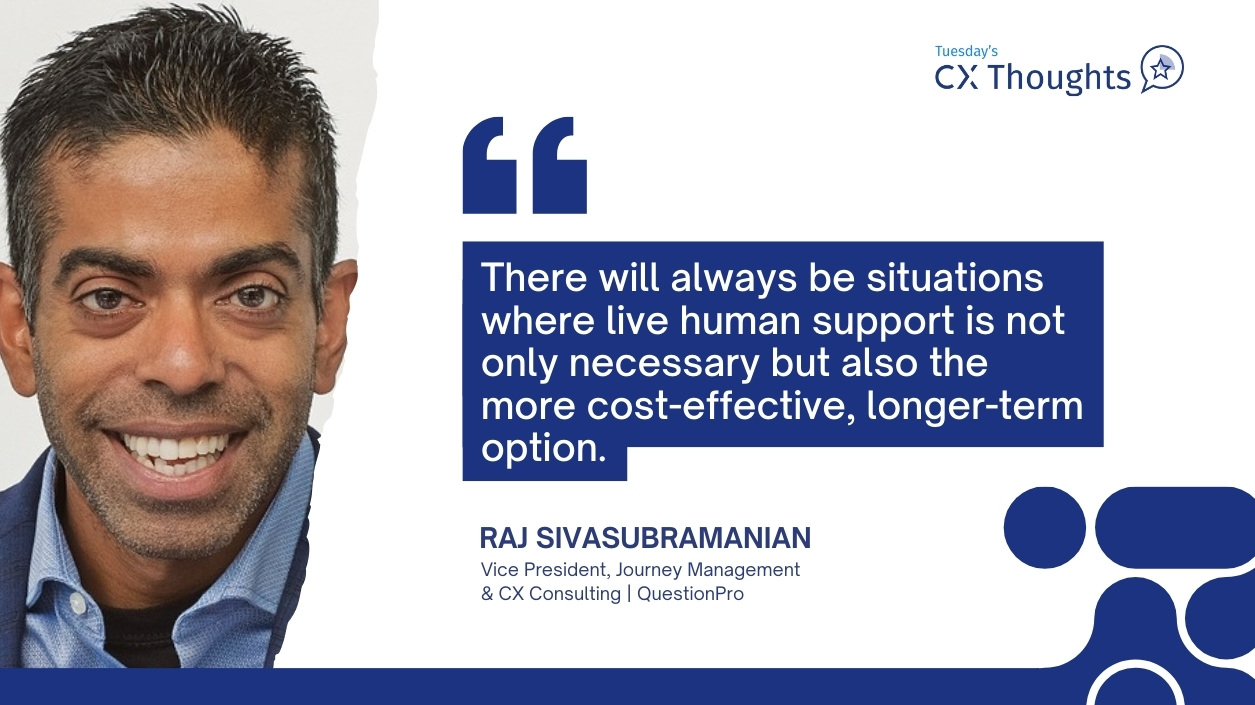Why bother with peer perception?

“Perception is half the battle.” So goes the old adage. Yes, your actual skills are important. But if people don’t perceive you have said skills, then in many cases, it’s almost as good as not having them. However, you can manage peer perception with 360 degree survey feedback now.
For example, you might write the best project plans. You have a talent for detail and logic and have a good instinct for estimating scope and scale. Better yet, you’ve spent three years in your previous company writing countless user stories. But as far as your boss (let’s call him Bob) knows, you’ve never had any experience writing user stories, and so he gives the task to your coworker Bill.
Another example: you think you have great communication skills. Bill feel otherwise. While this isn’t explicitly said, Bob senses the disconnect and decides not to short-list you for that promotion.
Your clients may be the ones paying your bills, but your peers are the ones helping you build and provide those bill-paying products and services. Internal perception of your work and skills is absolutely critical to your success.
So how do I manage peer perception with 360 feedback?
Before you tackle the problem of managing, first you have to understand what and how your peers perceive you.
- Define goals. Focusing on something like “communication” is plenty already. If you want, you can deep dive further and break down communication into parts, such as:
- (1) follow-through: do I consistently follow-through with emails?
- (2) promptness: do I respond promptly, even if it’s just with a note that says, hey, I got this email, I’ll get to it at “x” time and date?
- (3) clarity: am I clear and concise in emails? Or am I too vague and excessively wordy?
Once you’ve defined your goals, you can try for a good old coffee run. This is an age-old, truly excellent tactic. For the cheap price of a couple of lattes, you’ll not only gain invaluable insight from your colleagues on your strengths and weaknesses, you’ll also clearly convey that you care about their opinion and you eagerly want to improve.
Sometimes, however, a formal 360 employee feedback review can also be one of the most beneficial professional development exercises. Do you know how Does Your Industry Do 360 Employee Feedback? By having a formal exercise, you’ll get quantitative data as well as a potentially more measured and thoughtful response. These exercises also tend to provide you with a physical report that you can consult over time and refer to as a benchmark in your next review. QuestionPro can help you manage your peer perception with 360 feedback.







